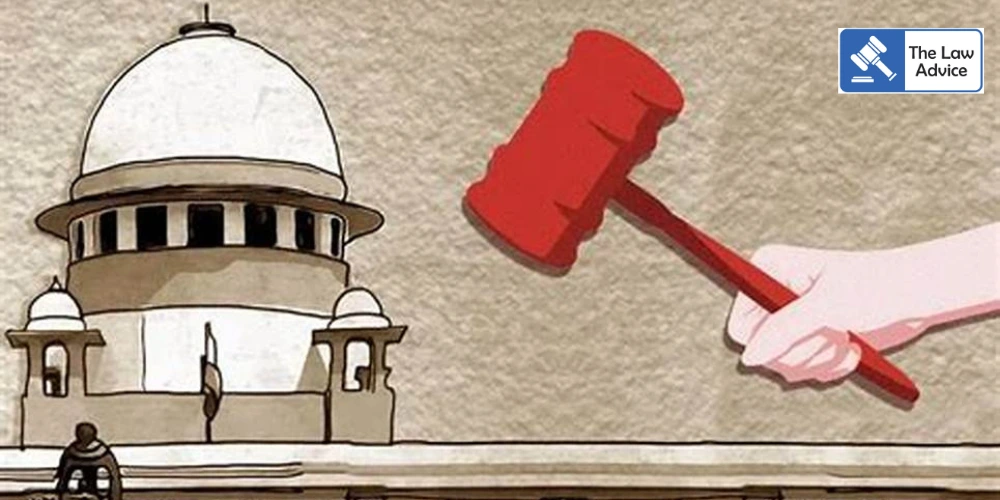New Delhi, August 5, 2025
In a stern and unusual move, the Supreme Court of India has openly rebuked a sitting judge of the Allahabad High Court for refusing to quash a criminal case despite clear grounds to do so, and for suggesting that civil litigation was an ineffective route for justice. The apex court went a step further and recommended administrative action ordering that the judge be placed with a senior colleague and not be assigned criminal cases in the future.
The matter involved a dispute between a private company, Lalita Textiles, and the appellant, related to a supply of goods and an unpaid invoice worth over ₹7 lakh. Instead of pursuing a civil remedy for recovery of dues, Lalita Textiles filed a criminal complaint under Section 406 of the Indian Penal Code (criminal breach of trust).
When the accused sought to quash the complaint before the High Court, Justice Prashant Kumar of the Allahabad High Court dismissed the plea, stating that a civil remedy was not a “realistic option” and that forcing a civil suit would result in a miscarriage of justice. His view was that the criminal route was justified because the civil process was too slow and uncertain.
Taking exception to this reasoning, a bench comprising Justice J.B. Pardiwala and Justice R. Mahadevan came down heavily on the High Court’s approach. The Supreme Court noted that the judgment displayed a “complete misunderstanding of legal remedies” and warned that such views could distort the balance between civil and criminal jurisprudence.
Calling the order “shocking,” the Court remarked:
“You cannot refuse to quash a criminal case merely because a civil case may be slow or inconvenient. That is not how the law works.”
In a highly unusual administrative intervention, the Court directed that the concerned judge:
• Must sit with a senior judge on a division bench,
• Should not be assigned criminal matters henceforth, and
• The Chief Justice of the Allahabad High Court must be informed of these directions for implementation.
This development sends a strong signal about judicial accountability and discipline, especially when it comes to protecting the boundaries between civil and criminal law. The Court also emphasized that criminal law should not be used as a tool for recovery of money or as a substitute for civil litigation.
Legal experts believe this could encourage greater scrutiny of how criminal complaints are being entertained in commercial disputes, and discourage the growing trend of converting contract violations into criminal offences.
• Case Name: M/s Shikhar Chemicals v. State of Uttar Pradesh & Anr.
